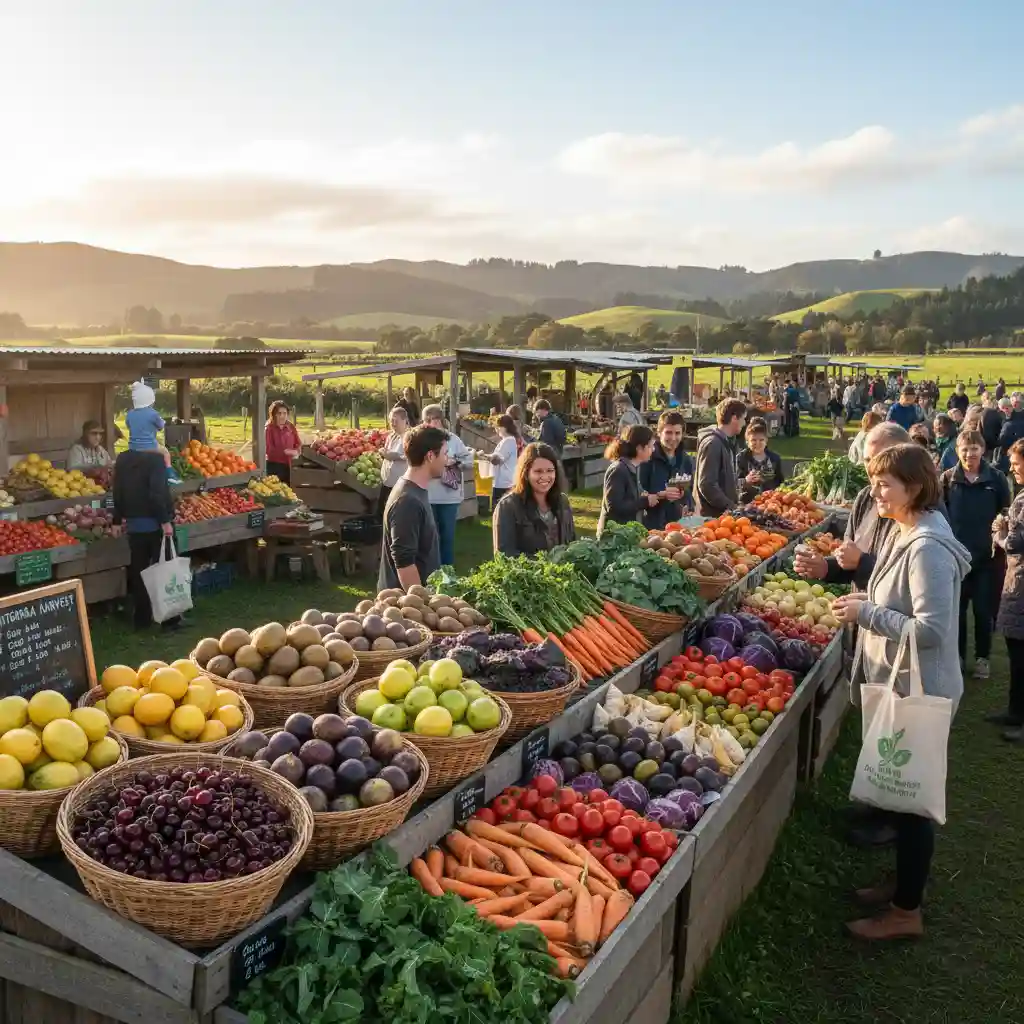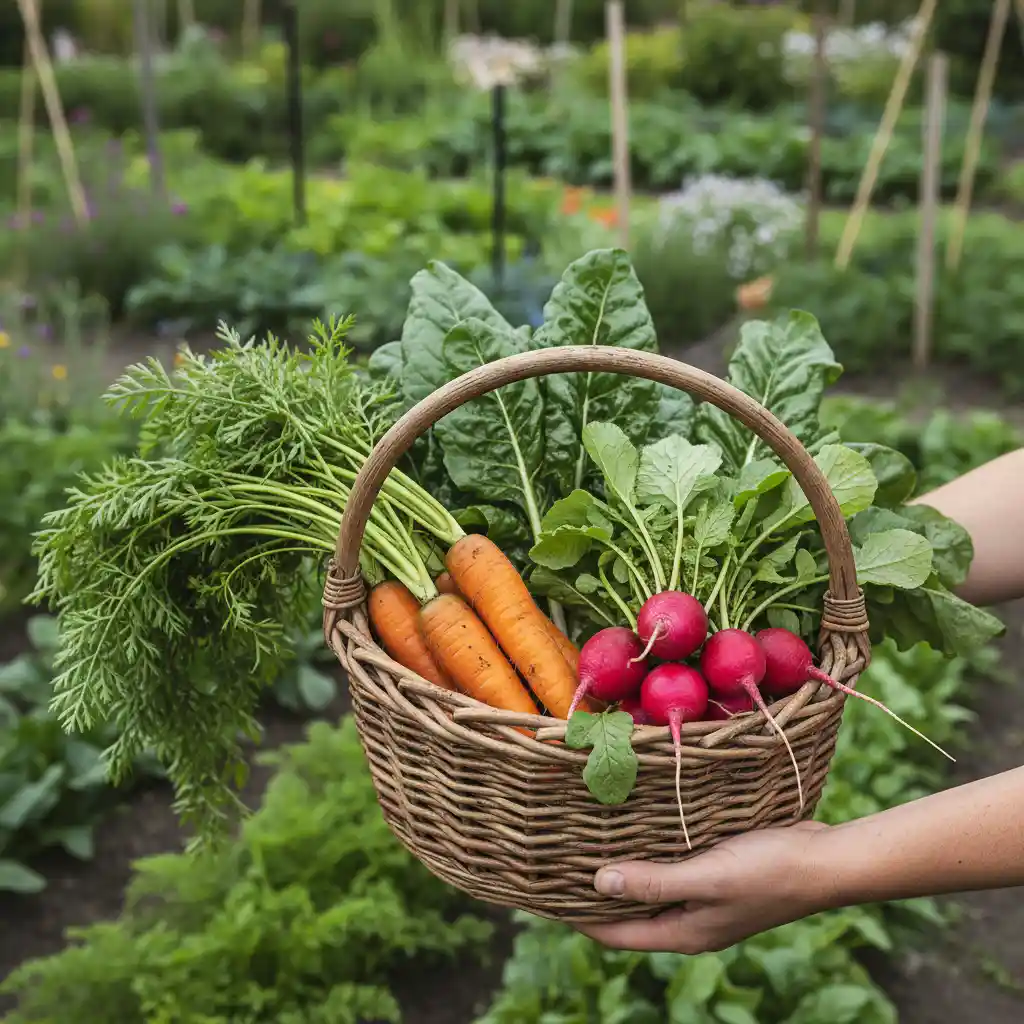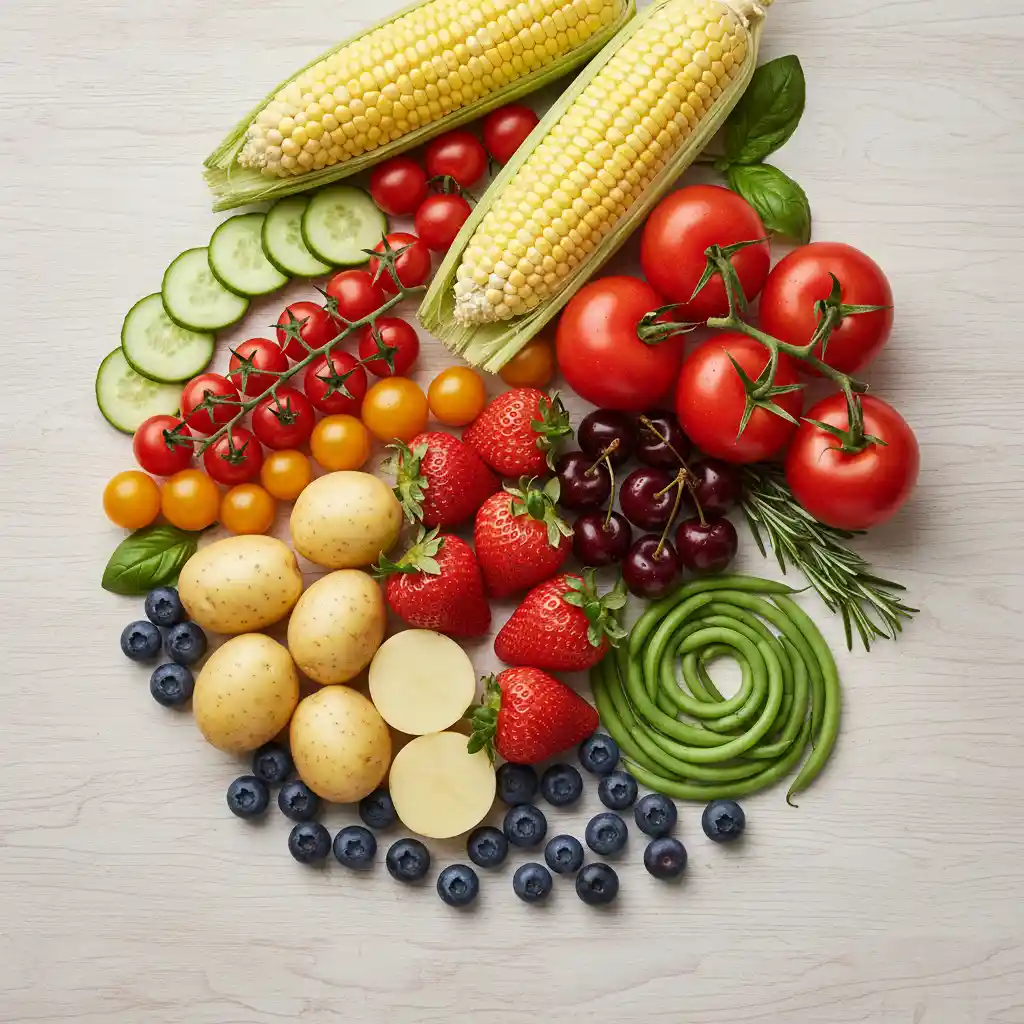Seasonal Eating in New Zealand: A Guide to Sustainable Living
Discover how embracing New Zealand’s seasonal bounty can transform your diet, support local communities, and champion a more sustainable lifestyle.
In a world increasingly disconnected from the origins of our food, the simple act of eating seasonally has become a powerful statement. For those of us in Aotearoa, it’s an opportunity to deeply connect with our unique environment, support our incredible local producers, and significantly reduce our ecological footprint. This guide to Seasonal Eating in New Zealand: A Guide to Sustainable Living explores not just what to eat when, but also the profound impact this shift can have on your health, your wallet, and our planet.
Moving beyond traditional waste management, we delve into conscious consumption, celebrating the vibrant produce that thrives in New Zealand’s diverse climate. Ready to taste the seasons?
Understanding Seasonal Eating in Aotearoa
At its core, seasonal eating means consuming fruits, vegetables, and other produce that are naturally ripe and ready for harvest in your local region during specific times of the year. For New Zealand, this means enjoying sweet corn and berries in summer, crisp apples and root vegetables in autumn, hearty citrus in winter, and tender greens in spring.
It’s a practice deeply rooted in tradition, long before global supply chains made year-round access to any produce a common expectation. Reconnecting with this rhythm offers a myriad of advantages, especially for fostering a sustainable lifestyle here in Aotearoa.

Stat Callout: Food miles, the distance food travels from farm to plate, contribute significantly to carbon emissions. Eating locally and seasonally can reduce your food’s carbon footprint by up to 7% compared to relying on imported or out-of-season produce. (Source: Environmental Science & Technology)
The Benefits of Eating Seasonally in NZ
Embracing New Zealand’s seasonal harvest isn’t just a trend; it’s a holistic approach to living better. Here’s why it’s so impactful:
- Superior Flavour and Nutrition: Produce picked at its peak ripeness tastes better and often retains more nutrients than items harvested prematurely for long-distance transport.
- Reduced Environmental Impact: By choosing local, seasonal food, you cut down on food miles, packaging, and the energy required for artificial growing environments. This directly supports a lower carbon footprint and reduces waste.
- Support Local Economy: Buying from local growers keeps money within your community, supports small businesses, and helps preserve New Zealand’s agricultural landscapes.
- Cost Savings: When produce is in season and abundant, it’s typically cheaper due to lower supply chain costs and increased availability.
- Greater Food Variety & Culinary Creativity: Seasonal eating encourages you to explore new recipes and appreciate a wider range of fruits and vegetables throughout the year, preventing palate fatigue.
“To eat with the seasons is to eat with nature, aligning our bodies and our plates with the natural rhythms of our land.”
How to Embrace Seasonal Eating: Practical Steps for Kiwis
Making the switch to seasonal eating is simpler than you might think. Follow these practical steps to integrate it seamlessly into your sustainable lifestyle:
1. Connect with Local Growers and Markets
Your local farmer’s market is a goldmine for seasonal produce. Talk to the growers; they’re often passionate about their harvest and can offer tips on selection and preparation. Consider joining a Community Supported Agriculture (CSA) scheme, where you receive a weekly box of fresh, local produce directly from a farm.
2. Plan Your Meals Around Seasonal Availability
Instead of planning meals and then finding ingredients, reverse the process. See what’s abundant and fresh at the market, then build your meals around those items. This encourages creativity and ensures you’re getting the best quality.
3. Preserve the Harvest
When seasonal produce is plentiful and inexpensive, buy in bulk and preserve it! Freezing, canning, pickling, or drying fruits and vegetables allows you to enjoy the taste of summer in winter, further reducing your reliance on out-of-season or imported goods. This is a fantastic way to minimise food waste.

4. Get Creative in the Kitchen
Embrace new recipes and cooking methods. If you’re used to tomatoes year-round, challenge yourself to find delicious winter alternatives. Online resources, cookbooks focusing on New Zealand cuisine, and local cooking classes can inspire you.
Beyond the Plate: Broader Sustainable Impact
Seasonal eating in New Zealand is more than just a diet; it’s an entry point into a broader sustainable lifestyle. It encourages mindful consumption, reduces packaging waste from imported goods, and fosters a deeper appreciation for where our food comes from. By choosing locally, you support sustainable farming practices that are often more attuned to the health of the land, moving us away from industrial agriculture’s heavy environmental footprint.
This conscious choice aligns perfectly with New Zealand’s commitment to protecting its unique natural environment, demonstrating that individual actions can collectively create significant positive change.
Conclusion: Your Seasonal Journey Awaits
Embracing Seasonal Eating in New Zealand: A Guide to Sustainable Living is a delicious and impactful way to contribute to a healthier planet and a stronger local economy. It invites you to rediscover the true taste of food, connect with your community, and live in harmony with the natural cycles of Aotearoa.
Start small, explore your local markets, and let the bounty of New Zealand guide your culinary adventures. Your taste buds, your community, and the environment will thank you.
Frequently Asked Questions (FAQ)
What does ‘seasonal eating’ truly mean for New Zealanders?
For New Zealanders, seasonal eating means consuming fruits, vegetables, and other produce that are naturally grown and harvested in Aotearoa during specific times of the year, without the need for extensive imports, hothouses, or long-term storage.
Is seasonal produce always cheaper in New Zealand?
Generally, yes. When produce is in season, there’s a greater abundance, which typically drives down prices. Buying directly from farmers’ markets can often yield even better value.
How can I find out what’s in season in my specific NZ region?
The best ways are to visit your local farmers’ markets and ask growers, check websites of local food hubs or CSA schemes, or consult New Zealand-specific seasonal produce guides online.
Does eating seasonally mean I can never have imported food?
Not necessarily. Seasonal eating is about prioritizing local and in-season produce for the majority of your diet. It’s a spectrum, and occasional imported items are fine. The goal is conscious consumption and reducing your reliance on non-seasonal options.
What are ‘food miles’ and how does seasonal eating impact them?
Food miles refer to the distance food travels from where it’s produced to where it’s consumed. Eating locally and seasonally significantly reduces food miles, which in turn lowers the carbon emissions associated with transporting food, contributing to a more sustainable lifestyle.
References & Sources
- Ministry for Primary Industries (MPI) New Zealand. (Ongoing). Horticulture Sector Information.
- Environmental Science & Technology. (2008). Food-Miles and the Relative Climate Impacts of Food Choices in the United States. (Note: While US-centric, principles apply globally for food mile impact).
- Consumer NZ. (Various articles). Guides on local produce and sustainable shopping.
- Local Farmers’ Market Associations (e.g., Parnell Farmers’ Market, Otago Farmers Market). On-site interviews and seasonal guides.
- Sustainable Table. (Ongoing). Seasonal Food Guides and Ethical Eating Resources.



